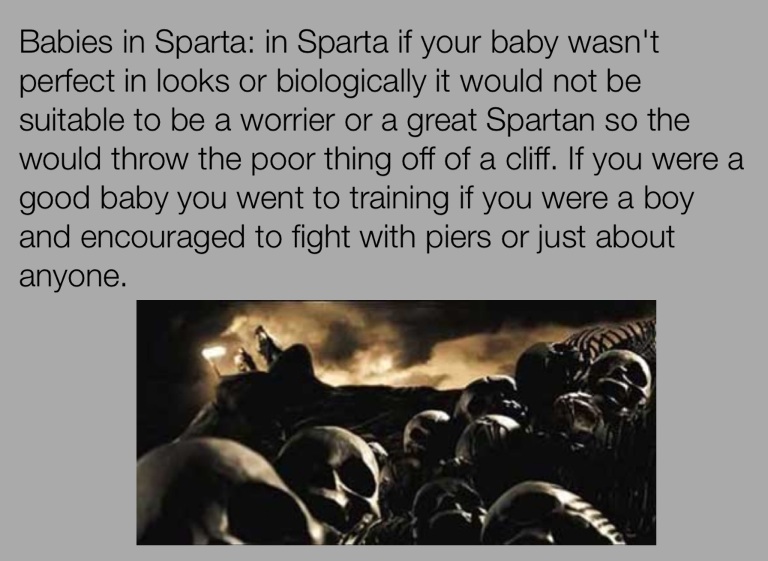

They may have no interest in holding, feeding, or playing with the baby. While some parents take every opportunity to nurture and offer affection, an uninvolved parent may feel disengaged or detached from their baby. Uninvolved parenting comes in many forms, depending on the age of a child. And as a result, they may have the same poor relationship with their own children. When a child grows up with an emotional detachment from their parent, they may repeat this parenting style with their own kids. This suggests that being raised in a loving and nurturing environment (or not) affects how young people adjust to life away from home. Yet, the group raised by authoritarian and uninvolved parents who felt less homesickness had a harder time coping with their feelings. But while the two former groups felt more homesickness, they didn’t express it as much because they had stronger coping skills. The study found at those raised by authoritative and permissive parents experienced more homesickness than those raised by authoritarian and uninvolved parents. In a 2007 study, researchers evaluated how different parenting styles affected homesickness in 670 first-year college students between the ages of 16 and 25. Still, children of neglectful parents do have more challenges regardless of where they are.Ĭhildren of uninvolved parents may also lack coping skills. Of note, this small study may not be broadly applicable, as parenting styles in different cultures may lead to different outcomes. It concluded that students in authoritarian homes perform better academically than children of other parenting styles. The study itself, done in Ghana, Africa, was focused on academic performances of 317 students in homes with varying parenting styles. Noted in background information for this small 2017 study, some children of uninvolved parents may have difficulties with social interactions outside the home because uninvolved parents rarely communicate or engage their children. Having an uninvolved parent may even affect a child’s social skills. A lack of affection and attention at a young age can lead to low self-esteem or emotional neediness in other relationships. One major disadvantage of uninvolved parenting is that these children don’t develop an emotional connection with their uninvolved parent. Still, the drawbacks of this parenting style outweigh the good.


#Hands off parenting how to
It’s true that kids with uninvolved parents do tend to learn self-reliance and how to take care of their basic needs at an early age. So it’s no surprise that uninvolved parenting can have a negative effect on a child. How does uninvolved parenting affect children?Ĭhildren require love, attention, and encouragement to thrive. And these parents don’t get upset when their child performs poorly in school or with other activities. They allow the child to act how they want. So unless a child’s behavior affects them, these parents don’t usually offer any type of correction. Uninvolved parents typically lack a discipline style. No set rules or expectations for behavior They might skip their sports games or fail to show up for PTA meetings. Lack of interest in child’s activitiesīecause of a lack of affection, uninvolved parents aren’t interested in their child’s school work, activities, or events. The parent feels a disconnect, which severely limits the amount of affection and nurturing they extend to their child. But in the case of uninvolved parenting, this bond isn’t instinctual or automatic. Lack of an emotional attachmentĪn emotional connection between parent and child comes naturally for many people. Sometimes, there are issues at play that seem outside of a parent’s control. And in some instances, parents might outright neglect or reject their children.Īgain, this isn’t always a matter of choosing a night at the club over family game night. Whether it’s work, a social life apart from the kids, or other interests or problems, uninvolved parents are preoccupied with their own affairs - so much so that they’re unresponsive to the needs of their children, and make little time for them.Įverything else comes before the kids. Signs of an uninvolved parent include the following: 1. Rather, it’s an ongoing pattern of emotional distance between parent and child. Uninvolved parenting isn’t just a moment of preoccupation with one’s self. You know what we mean: when things get out of control, you might brush off your child for a few minutes of quiet and solitude.Īs guilty as you might feel afterwards, these moments aren’t characteristic of uninvolved parenting. Many parents can identify with being stressed, overworked, and tired. Signs and characteristics of uninvolved parenting


 0 kommentar(er)
0 kommentar(er)
